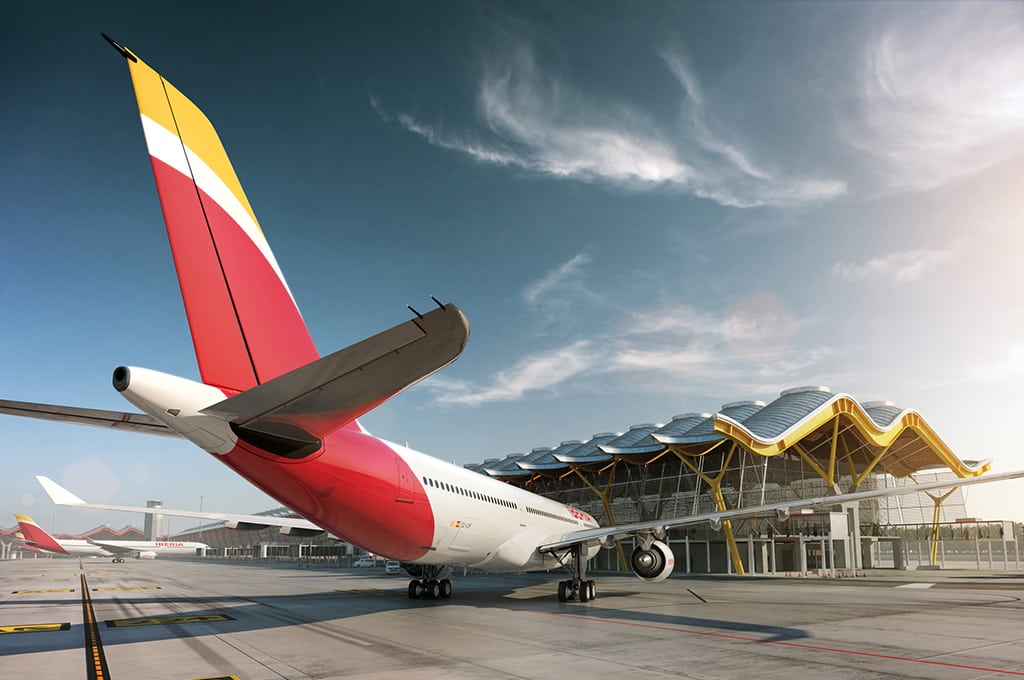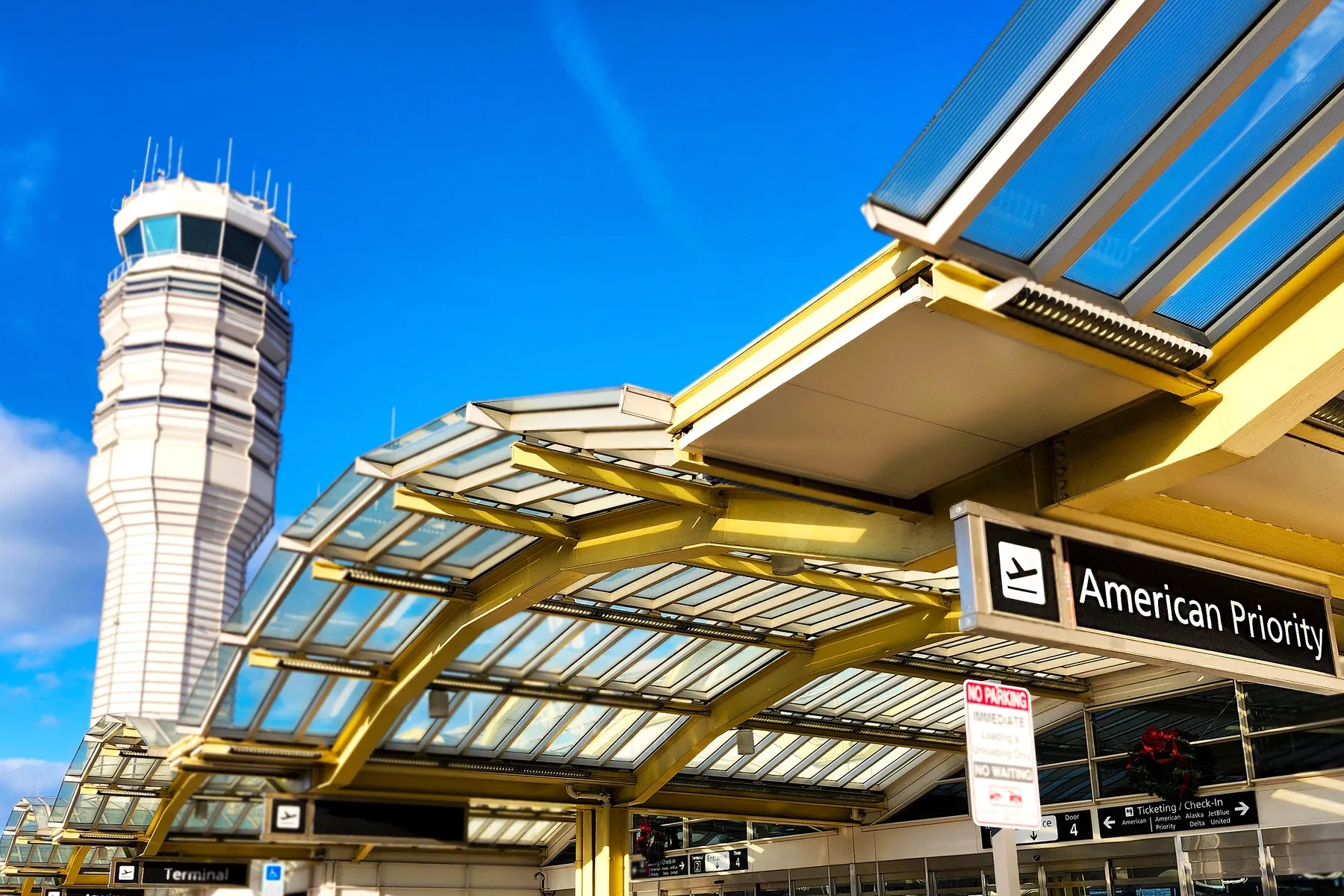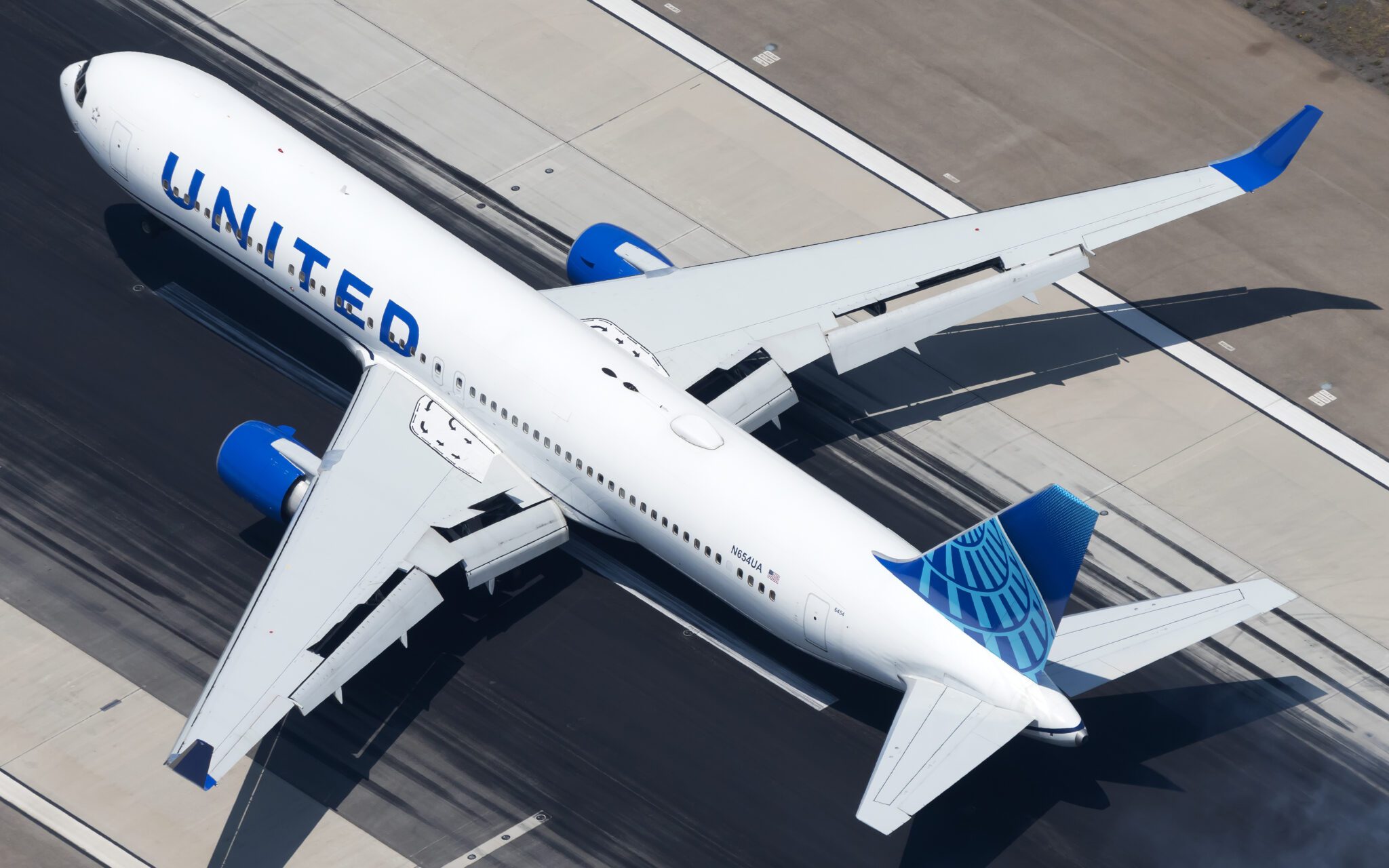Why It Takes So Long for Some Airlines to Pay Compensation Required by European Law

Skift Take
Last week, I received an email from AirHelp about a matter I had long ago forgotten about. The company, which helps travelers recover compensation owed by airlines in exchange for a cut, contacted me about a flight I took in September 2016.
Iberia had cancelled my flight from Madrid to Barcelona due to operational problems, and I rebooked on Air Europa. I sought to recover what I was owed under EU 261, the law that requires airlines to pay customers when they delay or cancel flights that touch Europe.
I was sure I'd get my money, but months turned into years, and I gave up. Last week, AirHelp told me to be patient, telling me claims like mine resolve in my favor about 95 percent of the time.
"We know things have been slow so far, and we hoped that we would have an answer for you by now," AirHelp's email said. "Your claim has reached the stage where resolutions take time to reach. If it were up to us, it would go a lot faster, but formal procedures like this are out of our hands."
I mention this because my colleague Andrew Sheivachman spoke recently with Henrik Zillmer, CEO of AirHelp, to learn more about this burgeoning business. Because more passengers are making claims, Zillmer said, many airlines have streamlined how they respond. Perhaps this doesn't help me, but it's good news for future claimants.
"On the airline side, things have gotten a little bit easier on the big full-service airlines," Zillmer said. "They are now acknowledging the law. We have a much better relationship with the big top five [airlines] in the U.S. than we did two or three years ago. They’re seeing that is is something that is not going away, and even though they are not really good at processing these claims they have to pay out. Of course, we had to sue them more than 55,000 times.”
Be sure to read Andrew's story for more. His piece helped me understand why it's taking so long to process my claim.
— Brian Sumers, Airline Business Reporter [bss@skift.com, @briansumers]
Stories of the Week
Straighten Up and Fly Right, United to Flight Attendants on Sloppy Grooming: In a memo, United's vice president for in-flight operations criticized some flight attendants for wearing skirts of improper length, wrinkled or stained shirts, and worn-out shoes. He also called out others for "personal grooming issues." United doesn't have much leverage with flight attendants, but a representative for their union told me it supports the airline's efforts.
Why Ryanair Is Hungry for Acquisitions: Until recently, Ryanair had only acquired one airline in its history. But Ryanair recently bought a piece of a discount carrier called Niki, and it might want to make more deals. "The thinking is Ryanair Holdings will evolve probably into a holding company not dissimilar to IAG over the next two to three years," CEO Michael O'Leary said this week. Skift Europe Editor Patrick Whyte has the story.
Airlines Test Adding Metasearch to Their Websites: Most airlines prefer to show their own flights for sale on their websites. Some include partner carriers, of course, but few show what true competitors offer. That's beginning to change, and two early adopters are El Al and Icelandair. Both are testing the approach. "The idea is that, by showing how competitive their offering is, airlines can persuade more shoppers to buy right away," Skift Travel Tech Editor Sean O'Neill writes.
Another Top United Executive Departs as CFO Abruptly Resigns: CFO Andrew Levy is out, which is not a major surprise to those of us who have covered United closely. On LinkedIn, Levy said it wanted to try something more entrepreneurial. Might he try to start his own airline? We'll soon find out.
An Allegiant Air Executive Popular With Wall Street Resigns: Allegiant's Lukas Johnson is less high-profile than Levy, but Johnson is highly regarded inside Allegiant and on Wall Street. In a note after my story, Stifel's Joseph DeNardi said, "The announcement surprised us and we're surprised the stock isn't down today on the news given Lukas' importance to Allegiant's revenue performance and concerns regarding talent flight at Allegiant previously." After this story published, we learned Johnson will become CEO at Jetlines, a new Canadian ultra-low-cost-carrier.
Airlines Aren’t Passing on Higher Fuel Costs to Passengers Because of Competition: Remember when airline CEOs argued mergers would benefit consumers because they would create more formidable competitors? It’s looking like they were right — at least short term. Fuel prices are surging, and airline executives would love to raise fares. But it’s hard for one airline to pass on added costs to travelers if the pack doesn’t follow. For now, the pack isn’t following.
Hawaiian Airlines Promises It’s Ready for Whatever Southwest Plans: As of last week, Hawaiian Air's CFO had no more intel on Southwest's plans in Hawaii than anyone else. She, like everyone, knows Southwest plans some inter-island flying. But at an investment conference she said she doesn't know where Southwest will fly or how often. But she said the carrier can withstand the competition.
Delta Opens Pop-Up Lounge for Middle-Seat Passengers in Boston: Airline executives long have wondered about how they could make the middle seat more enticing. Many have said they might sell a sponsorship. But as far as I could tell, no airline had done it. This week, however, Delta tried it for one day. Customers in the least desirable seats got access to a special lounge, where they received a three-pack of Coke — one for them, and two to give to other passengers in their row. Will this idea catch on?
Real Talk On China
A few months ago, Vasu Raja, American's vice president of network, told me American was doing its best to cull strategic flying — or unprofitable routes the airline kept flying in hopes someday they would make money.
For U.S. airlines, a lot of those routes go to China. United Airlines has dropped a couple of them recently — from San Francisco to Xi'an and Hangzhou — and now American is following. It will cut Chicago-Beijing in October.
American president Robert Isom addressed this Tuesday at the Wolfe Research 11th Annual Global Transportation Conference. There's a limit, he said, to how much money an airline can lose before it gives up.
"We had made a tremendous investment in China," he said. "And we've taken a look and said, 'Hey, you know what? The losses of tens of millions of dollars per year isn't something that's sustainable right now.' And so we're not doing it. We're pulling back. We're taking a look at our entire network to make sure that there's certainly nothing out there that's cash negative or that we can't really defend in terms of investment flying."
What do you think? Did American give up too soon?
See You in Sydney?
I'll be attending IATA's Annual General Meeting in Sydney, June 3–5. My schedule during the day is packed, but I'm looking forward to the networking events. If you see me at one of them, come say hello.
Keep in Touch
Skift Airline Business Reporter Brian Sumers [bss@skift.com] curates the Skift Airline Innovation Report. Skift emails the newsletter every Wednesday. Have a story idea? Or a juicy news tip? Want to share a memo? Send him an email or tweet him.
Subscribe to the Skift Airline Innovation Report




